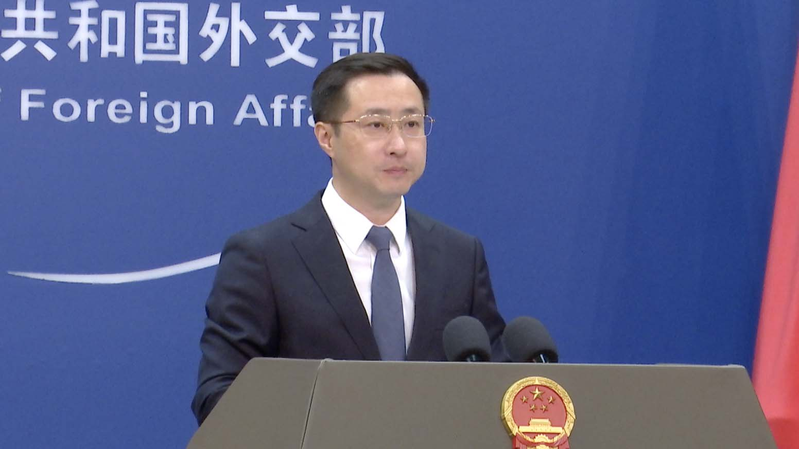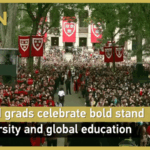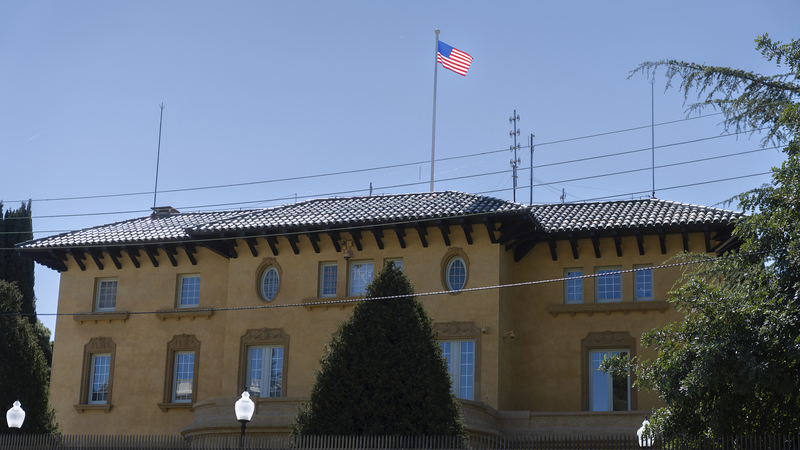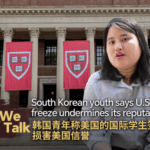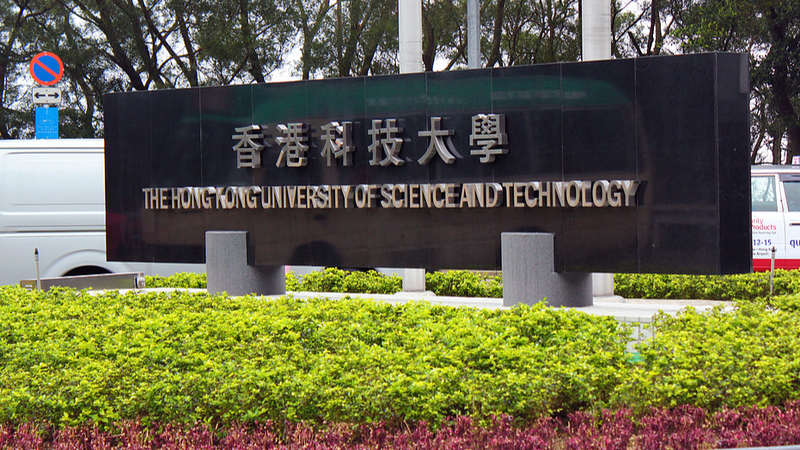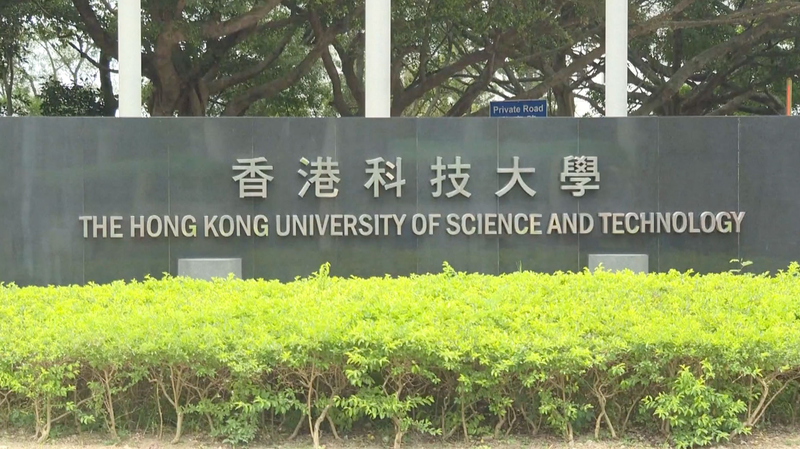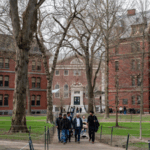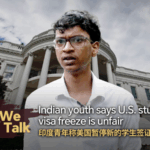The United States' plan to restrict international student visas for Harvard University has sparked a sharp response from Beijing, with Chinese officials warning the move could harm America's global standing. The White House confirmed the policy shift this week, citing unspecified 'strategic priorities,' though the announcement notably impacts a university where Chinese students form a significant cohort.
Chinese Foreign Ministry Spokesperson Lin Jian addressed the development during a regular press briefing on Thursday. 'Education should bridge nations, not become a political tool,' Lin stated. 'Such actions contradict America's self-proclaimed values of openness and ultimately damage its international image.'
While U.S. authorities haven't disclosed specific criteria for the visa restrictions, education analysts note the decision comes amid heightened scrutiny of academic exchanges between Chinese students and American institutions. Over 300,000 Chinese nationals currently study in the U.S., contributing significantly to university budgets and research programs.
The policy shift raises questions about its potential economic impact on U.S. higher education and cross-border research collaborations. Business leaders have expressed concern that reduced academic mobility could eventually affect innovation ecosystems in both countries.
For families across Asia considering overseas education options, the development adds new complexity to long-term planning. 'This isn't just about visas—it signals shifting priorities in U.S.-Asia relations,' noted Dr. Priya Sharma, an international education specialist at Singapore Management University.
Reference(s):
cgtn.com
